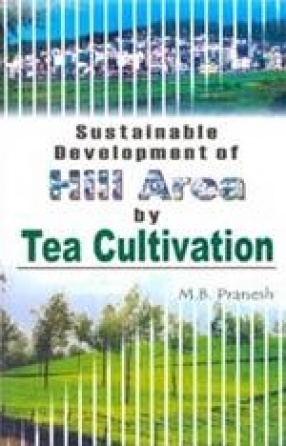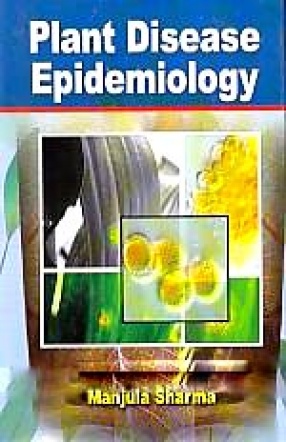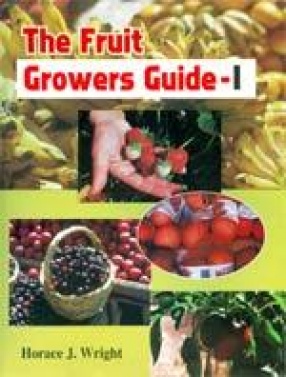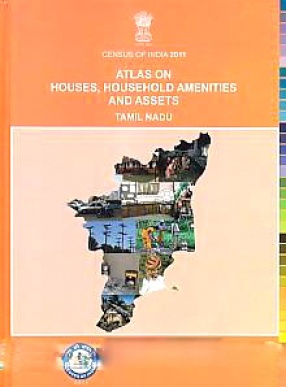Hill Areas are fragile eco-systems. The ecology of the hills has to be preserved for the benefit of people living in the hills as well as plains, whose rainfall and climate are dependent on the hills. The hills contain valuable minerals, flora and fauna to be used by present as well as future generations. Local population in the hills is generally poor and is in need of economic development. While economic development activities should be allowed, they should not result in deterioration of the ecology of the hills. Hence the concept of sustainable development is very relevant for Hill areas. HADP, The Hill Area Development Programme of the Government of India is implemented in certain hill district of the country to promote their development in a sustainable manner. One of them is the Nilgiris district to Tamil Nadu. A major thrust of the HADP is on prevention of Soil erosion. One of the causes of soil for many decades after the tea-bush is established. Thus tea cultivation causes less soil erosion than cultivation of seasonal crops. Hence HADP encourages substitution of seasonal crops by tea. During the eighties and nineties, there was a large increase in area cultivated with tea in the Nilgiris district, by small farmers, who earlier raised seasonal crops. The book analyses the role of HADP in achieving this desired change in cropping pattern. The book gives a detailed description of the Nilgiris district and traces the growth of tea cultivation in the district as it was a hundred years ago. There is also a comparison with another hill district, Darjeeling. The book discusses the principles of sustainable development as applicable to hill areas. It contains a wealth of information about the Hill Area Development Programme as conceived at the National level and as implemented at the District level. It is a useful addition to the limited number of books available on the subject of Sustainable Development of Hill Areas.
Plant Disease Epidemiology
$59.40
$66.00





There are no reviews yet.